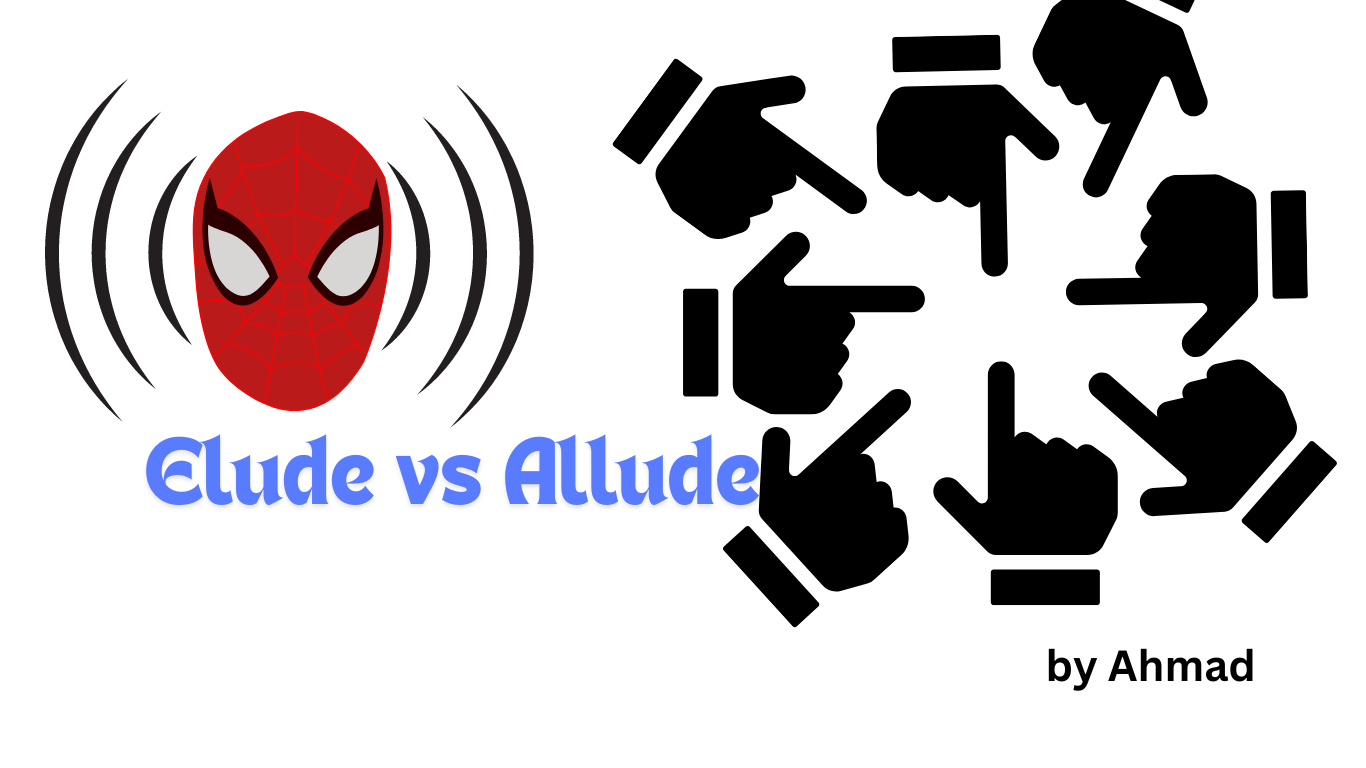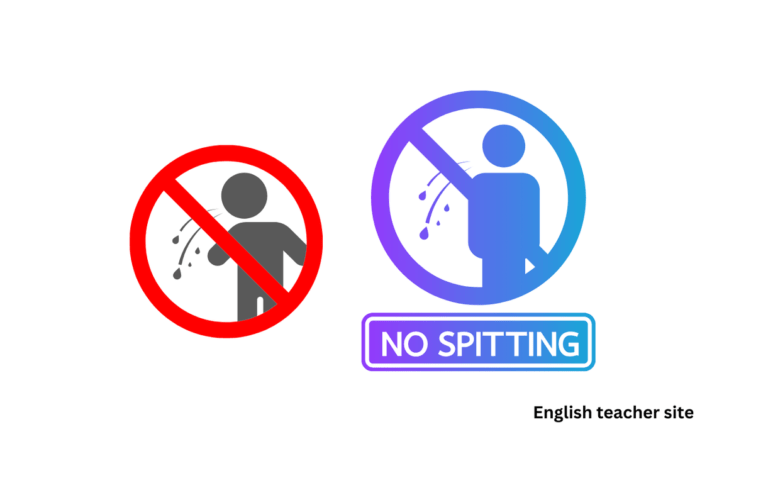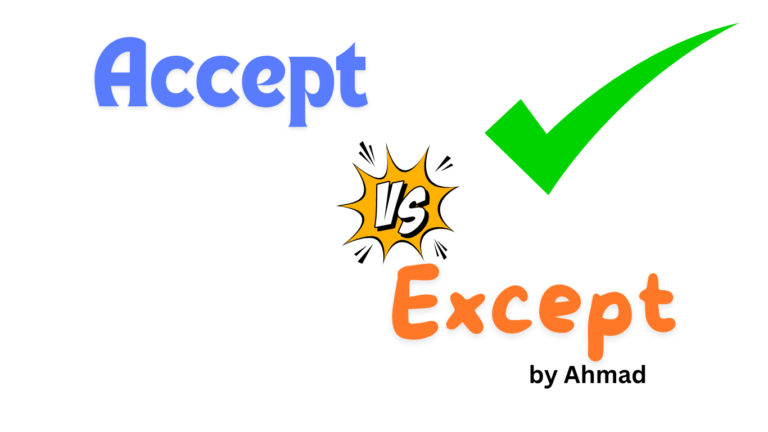Elude vs Allude: Understanding the Differences Through Examples

- “Elude” refers to skillfully avoiding something, ranging from physical evasion to escaping comprehension.
- “Allude” means to indirectly reference or hint at something without stating it explicitly.
Two commonly confused words in the English language are “elude” and “allude.” While they sound similar, their meanings are distinct and not interchangeable. “Elude” is generally used when one is speaking about avoiding something or someone, often skillfully or cleverly. This verb is frequently employed to describe evasive actions where one escapes danger, capture, or comprehension.
On the other hand, “allude” is an entirely different concept. This verb is used when making an indirect reference to something without mentioning it explicitly. It’s a subtler form of expression that implies or suggests a reference to another subject, relying on the context and the listener’s or reader’s ability to understand the implication.
Definition and Usage of Elude
‘Elude’ is a verb that denotes the ability to evade or escape from someone or something, especially skillfully or cunningly. It carries the connotation of avoiding something that is trying to capture or comprehend the subject in question.
- Frequency of Use: Regular in contexts involving avoidance or escape
- Grammatical Forms: Can be used in various tenses (e.g., present, past, and future)
Examples:
- The criminal eludes the police. (Present Simple)
- The meaning of the poem eluded most of the class. (Simple Past)
- She will attempt to elude her responsibilities. (Future Simple)
| Context | How ‘Elude’ is Used |
|---|---|
| Physical | Evading someone physically |
| Intellectual | Escaping someone’s understanding or grasp |
| Abstract | Avoiding something less tangible like emotions |
Examples of Elude
Providing real-life examples helps to cement the understanding of ‘elude’ in the reader’s mind. Notice how ‘elude’ functions in various contexts.
- In a chase: “The spy eluded his pursuers by blending into the crowd.”
- In understanding: “The solution to the problem eluded her until she had a moment of clarity.”
Situations:
- When a ballerina performs in a way that seems to elude gravity, she dances with rare grace.
- The fugitive eludes capture by using a series of disguises.
| Example | Explanation |
|---|---|
| “The suspect managed to elude the authorities for weeks.” | Indicates a prolonged evasion from law enforcement |
| “The meaning eludes me.” | Shows failure to understand something |
Definition and Usage of “allude”
Allude is a verb that signifies a subtle or indirect reference to something without mentioning it explicitly. It’s a rhetorical device often used to hint at a concept, object, or subject in a conversation or piece of writing. The act of alluding enables a speaker or writer to evoke ideas and associations in the mind of the audience without stating them outright.
- Subtlety: Allusion requires a level of subtlety and discretion.
- Indirect Mention: It sidesteps direct mention of a subject.
Examples of Allude
Alluding is a technique that can be found across various types of communication, from literature to everyday conversation. Here are examples showcasing the use of “allude”:
- In literature: An author may allude to a biblical story or a classic myth to add depth to their narrative.
- During a speech: A politician might allude to historical events to draw a parallel with current issues.
Appropriate Contexts
The contexts in which “allude” is appropriate often involve an audience that can understand the indirect reference. Selecting the right occasion for allusion is as important as the allusion itself:
- Cultural references: When a shared understanding exists.
- Professional writing: To reference previous works without explicit citation.
- Everyday dialogue: To subtly reference something known to both speaker and listener.
Using “allude” correctly enriches the language by providing depth and allowing for connections to be made through shared knowledge and cultural references.
Sources
Harper, Douglas. “Etymology of elude.” Online Etymology Dictionary, https://www.etymonline.com/word/elude. Accessed 12 August, 2023.
Harper, Douglas. “Etymology of allude.” Online Etymology Dictionary, https://www.etymonline.com/word/allude. Accessed 12 August, 2023.
My name is Khamis Maiouf. I am the creator of the English Teacher Site, dedicated to providing valuable resources and insights for students around the world. With a passion for education and a commitment to helping students enhance their skills, I aim to make English teaching more effective and enjoyable for both educators and students.






